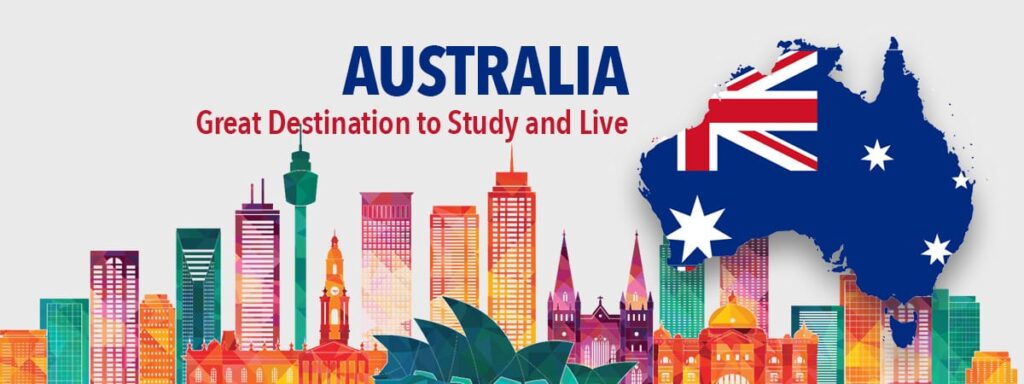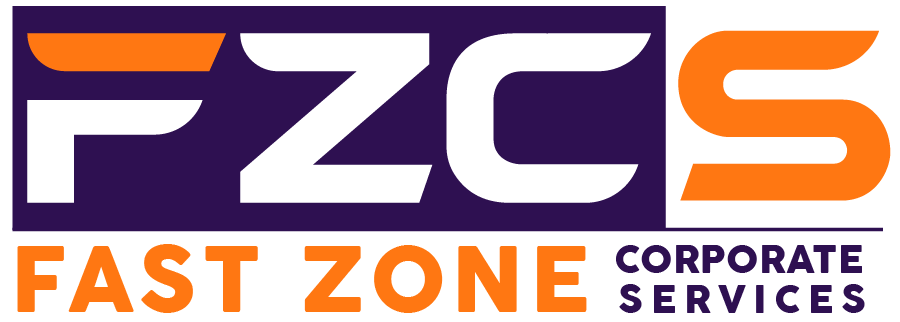
About France Visa
France offers various types of visas for individuals wishing to visit, work, study, or reside in the country. Here’s an overview of the different types of French visas:
- Short-Stay Visas:
- Schengen Visa (Type C): France is part of the Schengen Area, which allows for visa-free travel between member states for short stays of up to 90 days within a 180-day period. The Schengen Visa (Type C) allows individuals to visit France and other Schengen countries for tourism, business, or family visits.
- Airport Transit Visa (Type A): The Airport Transit Visa is for individuals who need to transit through French airports en route to another destination. It allows a short stopover in France and is typically valid for up to 24 or 48 hours.
- Short-Stay Visa (Type C): The Short-Stay Visa is for individuals who wish to visit France for short-term purposes such as tourism, business, or visiting family or friends. It is typically granted for stays of up to 90 days within a 180-day period.
- Long-Stay Visas:
- Long-Stay Visa (Type D): The Long-Stay Visa is for individuals who wish to stay in France for longer than 90 days for purposes such as work, study, family reunification, or entrepreneurship. It is typically granted for stays of more than three months and may require a residence permit (Titre de séjour) upon arrival in France.
- Student Visa (Long-Stay Visa, Type D): The Student Visa is for individuals who wish to pursue full-time education in France at a recognized educational institution. Student visas are typically granted for the duration of the course of study and may include permission to work part-time during term and full-time during scheduled breaks.
- Work Visa (Long-Stay Visa, Type D): The Work Visa is for individuals who have secured a job offer from a French employer and wish to work in France. Work visas are typically granted for the duration of the employment contract and may require approval from French labor authorities.
- Other Visas:
- Family Reunification Visa (Type D): The Family Reunification Visa is for individuals who wish to join a family member who is a French citizen or legal resident in France. This includes spouses, children, parents, and other dependent relatives.
- Entrepreneur Visa: The Entrepreneur Visa is for individuals who wish to start or run a business in France. It typically requires a business plan, sufficient funds, and approval from French immigration authorities.
Additional Information:
Certainly! Here’s some additional information about French visas, along with key benefits and considerations:
- Visa Application Process: The visa application process for France typically involves completing an online application form, gathering required documents (such as passport photos, a copy of the passport, proof of travel arrangements, proof of accommodation, and financial means), paying the applicable visa fee, and scheduling an appointment at the nearest French embassy or consulate for biometric data collection and submission of documents. The process may vary depending on the type of visa and the applicant’s nationality.
- Visa Validity and Duration of Stay: The validity of a French visa refers to the period during which the visa holder can enter France, while the duration of stay refers to the length of time the visa holder is allowed to remain in the country after each entry. It’s essential to pay attention to both the validity and duration of stay specified on the visa to avoid overstaying or violating visa conditions.
- Schengen Area Travel: As a member of the Schengen Area, a Schengen Visa issued by France allows individuals to travel freely within the Schengen Area for short stays of up to 90 days within a 180-day period. This provides travelers with the opportunity to explore multiple European countries with a single visa.
- Residence Permits: Individuals planning to stay in France for longer periods may need to apply for a residence permit (Titre de séjour), particularly for long-stay visas (Type D). Residence permits are typically required for purposes such as work, study, family reunification, or long-term stays.
- Health Insurance Requirement: France requires visa applicants to have valid travel and medical insurance covering the duration of their stay in the country. It’s advisable for travelers to obtain comprehensive health insurance that covers medical treatment, hospitalization, and emergency evacuation in case of illness or injury while in France.
- Language Requirements: While knowledge of French may be beneficial for living and working in France, it is not typically a requirement for obtaining a visa for short-term stays. However, individuals applying for long-stay visas (Type D), particularly for purposes such as study or work, may need to demonstrate proficiency in French or provide evidence of enrollment in language courses.
- Consulting with Immigration Professionals: Due to the complexities of French visa regulations and procedures, individuals may benefit from seeking advice and assistance from qualified immigration lawyers, visa agencies, or consultants. Immigration professionals can provide guidance on visa options, assist with the preparation of visa applications, and address any concerns or issues that may arise during the process.
Immigration Opportunitie
A provider of Global Immigration and Citizenship solutions to a discerning few. Can-Quest International can make the goal of securing this status for your family a reality and in the shortest time possible. Canada, Australia, USA, St. Kitts & Nevis, Portugal, etc, are some of the many options available.


Austraila
Prepare all required documents for your visa application, such as a valid passport, completed visa…
Read more
UAE
This type of visa is for individuals visiting the UAE for tourism purposes. Tourist visas…
Read more

United Kingdom
The United Kingdom (UK) offers various types of visas for individuals wishing to visit, work,…
Read moreImmigration Consult
A provider of Global Immigration and Citizenship solutions to a discerning few. Can-Quest International can make the goal of securing this status for your family a reality and in the shortest time possible. Canada, Australia, USA, St. Kitts & Nevis, Portugal, etc, are some of the many options available.




